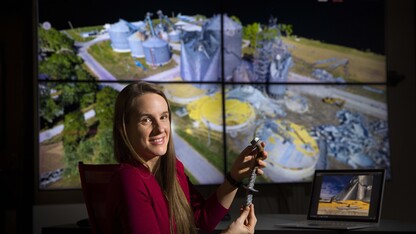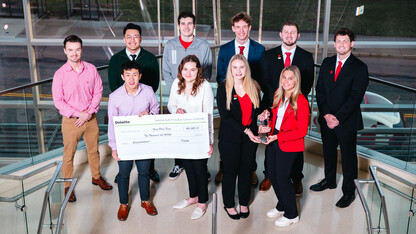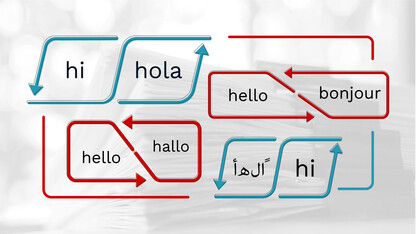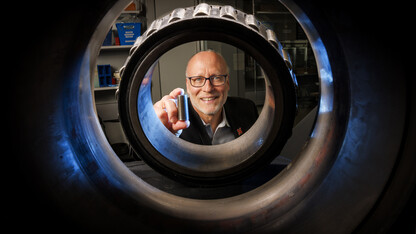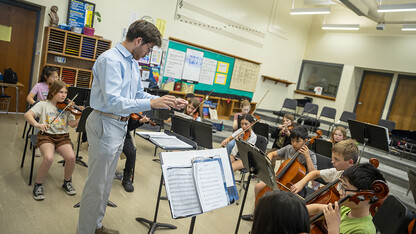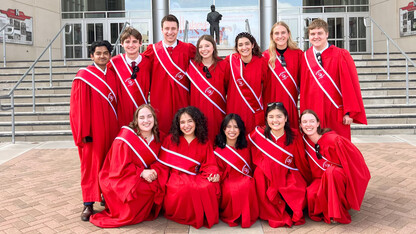· 3 min read
RISE Project aims to improve integrated STEM instruction in elementary classrooms
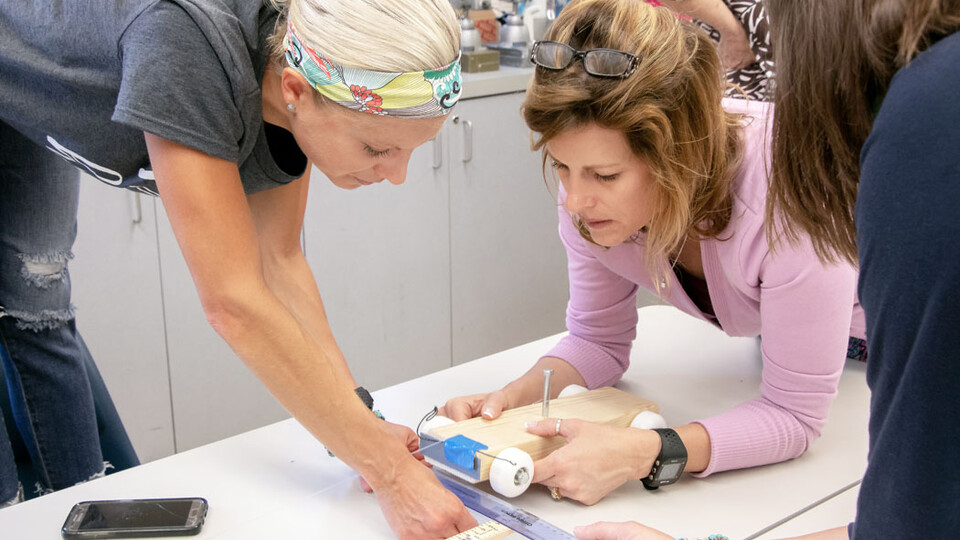
Today’s fast-paced world demands constant innovation in the areas of science, technology, engineering and mathematics. For this reason, STEM-related occupations continue to grow at a faster rate than those in non-STEM related fields.
Ensuring today’s elementary students are prepared for tomorrow’s STEM careers demands a highly-effective classroom teacher. A newly-funded Noyce Track 4 research project, Research on Integrated STEM Self-efficacy, at the University of Nebraska–Lincoln, along with three other institutions, will explore links between teachers’ self-efficacy in teaching STEM, teacher preparation and development opportunities, teaching effectiveness and teacher retention in high-needs school districts. Under the leadership of Deepika Menon, the project secured funding for 5-years through a $481,065 grant from the National Science Foundation’s Robert Noyce Scholarship Program. The total grant amount funded between the four institutions is approximately $1.3 million.
Menon, assistant professor in the Department of Teaching, Learning and Teacher Education, is spearheading a multidisciplinary team of researchers with an aim to improve STEM teacher preparation. In addition to the Nebraska team, participating institutions in RISE are Southern Methodist University, Indiana University and Towson University. The project will include participants from prior Noyce projects and current preservice teachers at the four institutions.
“Previous research has shown that elementary teachers are often uncomfortable teaching science, mathematics, and engineering as independent subjects, and STEM integration poses new challenges,” Menon said. “Through this project, we hope to develop and sustain integrated STEM teaching self-efficacy long term.”
Insufficient elementary teacher preparation in integrated STEM, as well as attrition from the teaching profession is a challenge across the United States. High-need schools in particular face challenges in recruiting and retaining highly-qualified teachers. The project will involve surveys, interviews and classroom observations, and will impact over 700 elementary teachers in their first five years of teaching who experienced ten different teacher preparation programs.
Their findings will be used to identify programmatic features that support early career elementary teachers’ self-efficacy in teaching integrated STEM within high-need school districts. Feedback from the participating teachers will also be used to develop summer professional development opportunities designed to address specific needs based on observations of their STEM teaching practices. The workshops will be offered at regional and national practitioner conferences, expanding the reach of the project to support elementary teachers nationwide.
The National Science Foundation’s Robert Noyce Teacher Scholarship Program provides funding to institutions of higher education to provide scholarships, stipends, and programmatic support to recruit and prepare STEM majors and professionals to become K-12 teachers. The program seeks to increase the number of K-12 teachers with strong STEM content knowledge who teach in high-need school districts.
